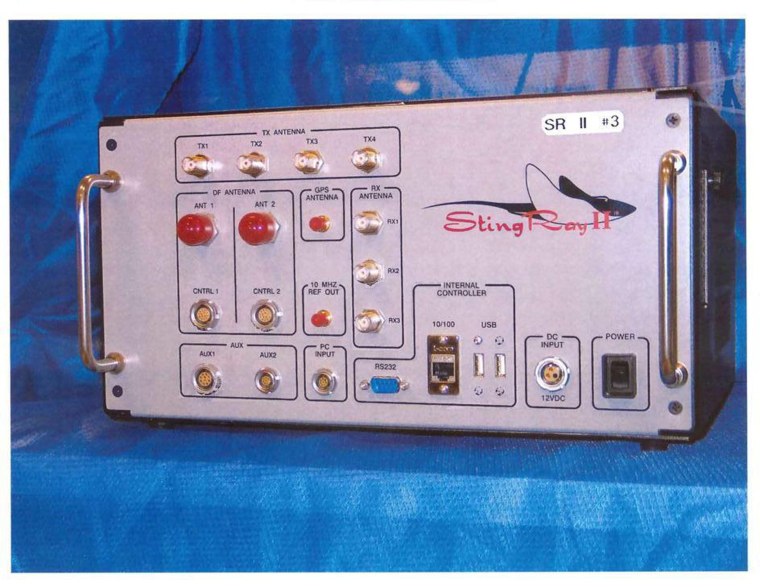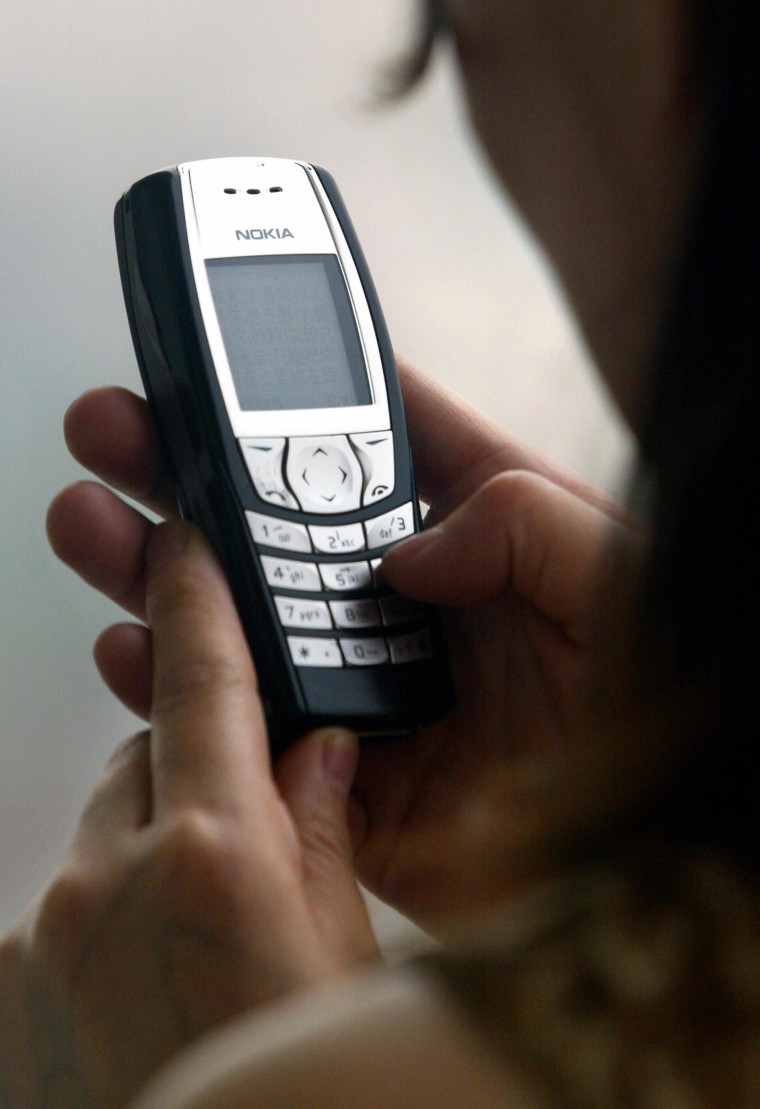The Justice Department today imposed new rules for using electronic devices that can be used to locate specific cell phones.
The little-known devices, sometimes called Stingrays, emit the same kind of radio signal as cellular telephone phone towers, tricking phones into relaying their electronic signatures. Police can use that data, along with the strength of the signal, to discover the general location of a suspect's phone or other cellular device.
Civil liberties groups have objected to their use, because they gather data on all phones within range of the devices, not just a phone used by a criminal suspect.
Under the new rules, federal agents must first get a search warrant from a judge before using the devices. The data gathered cannot include the contents of any communication or other data stored in the phone, such as text messages, e-mails, contact lists, pictures, or videos.

Once a suspect phone is located, all data gathered, including on all the other phones that responded, must be deleted.
The rules will apply to Justice Department agencies including the FBI, U.S. Marshals Service, and Drug Enforcement Administration.
Government officials say similar rules are being drafted at other agencies, including the Department of Homeland Security, which would apply to the Secret Service and immigration authorities.
Deputy Attorney General Sally Yates said the change "ensures our protocols for this technology are consistent, well-managed, and respectful of individual privacy and civil liberties."
Exceptions to the search warrant requirement are allowed under the new policy when use of cell phone simulators is needed "to protect human life or avert serious injury," or prevent destruction of evidence.
They can also be used without a warrant under the new policy to catch fleeing felony suspects or prevent escape.
The rules apply only to federal agencies in the Justice Department, not to any of the roughly 50 local and state police departments nationwide that are known to have the devices.

